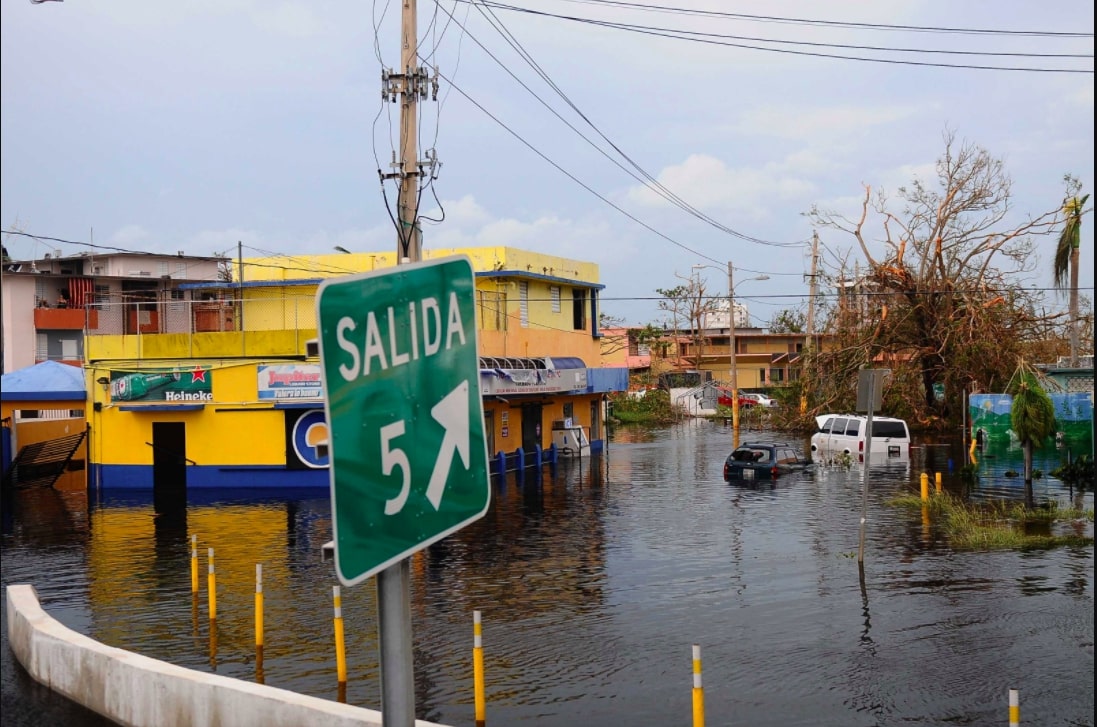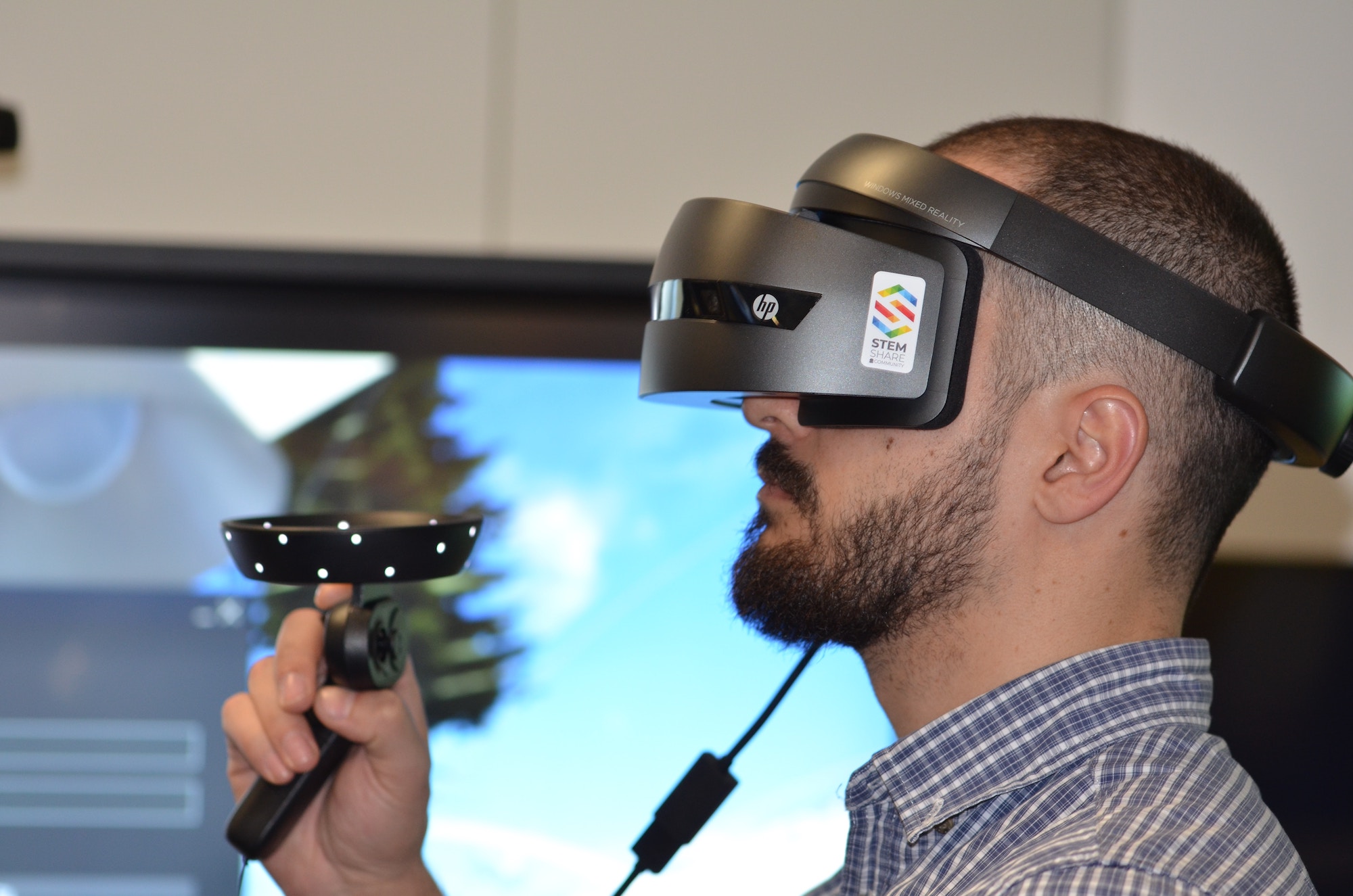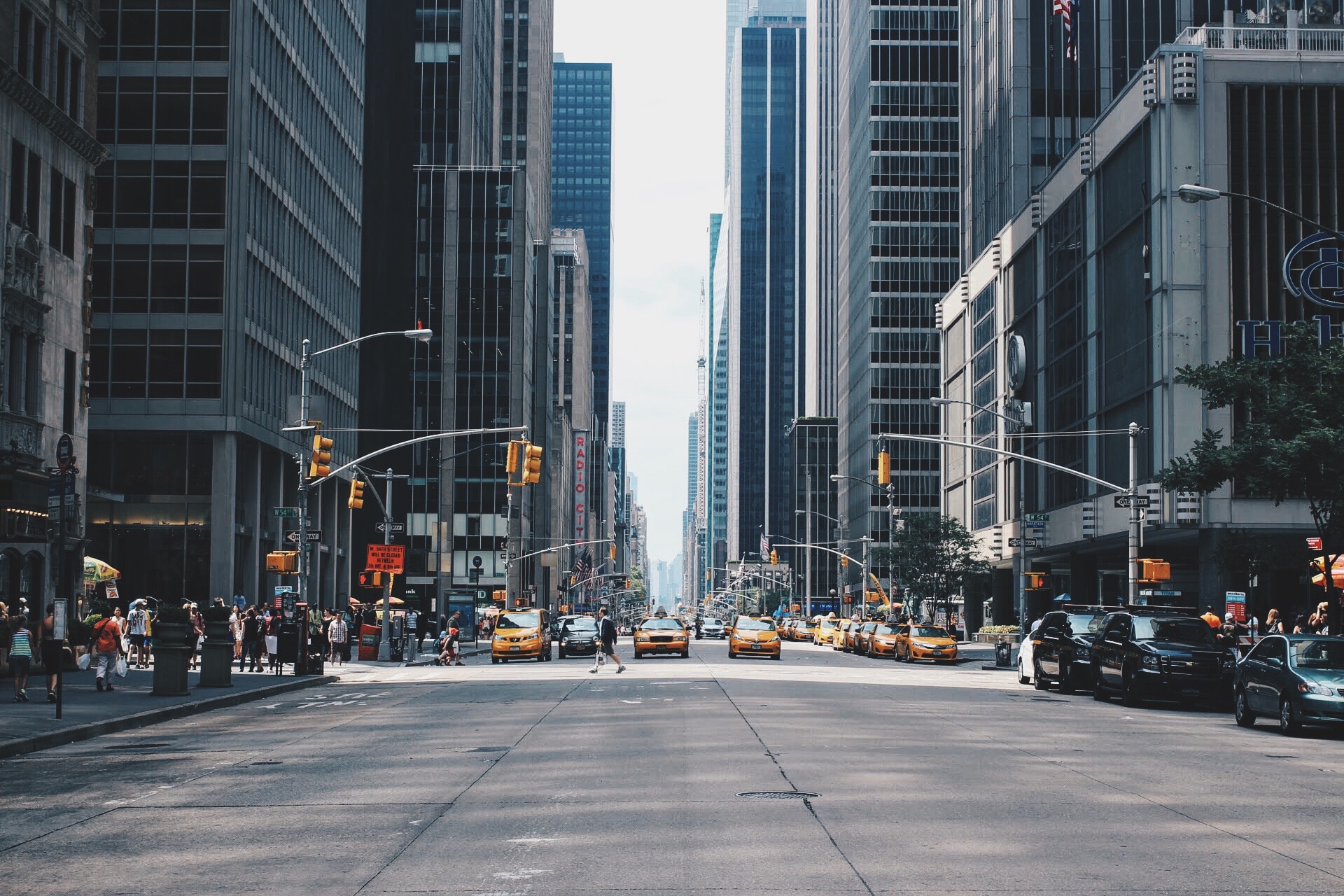The hardships life throws our way are often unfair, if not traumatic. But what’s truly unfair is having the ability to help those in need and not take the action to assist. Ignoring the problem only causes multiple waves of harsher repercussions that percolate into the riptide of systemic issues in America’s zeitgeist.
It’s been nearly two weeks since Hurricane Maria tore through Puerto Rico. Still, 3.8 million U.S. citizens are suffering from a major humanitarian crisis. Much of the island lacks power, clean water, and medical supplies. At this rate, the death toll has reached 34 people and could — and likely will — climb higher as The Federal Emergency Management Agency (FEMA) does what it can to quickly supply those in need.
In reaction to this news, I’ve created the Jake Croman Puerto Rico Fundraising campaign. I’ve promised to match each donation through the GoFundMe page. The proceeds from this fundraiser will go to Unidos por Puerto Rico, a public-private initiative started by the office of the First Lady Beatriz Isabel Roselló and a group of companies to help the victims of the storm. I’m hoping to reach $5,000 in donations, to ultimately raise a total of $10,000.
In lieu of time, what can I do to convince people to donate to a cause they may hold no emotional attachment to? How can I get people to care about a community that is remote from their own? The answer may be a mix of emotion and long-term economic purpose.
Give Me Emotion or Give Me Purpose
Many people give to charitable causes because there is an emotional draw or the opportunity to satisfy some personal and/or financial purpose. In fact, studies show that there are a myriad of reasons people give to charities.
One main reason people are driven to give is the knowing that there is an identifiable, single benefactor with an emotional story that helps us identify with or empathize with others’ suffering.
Yet, others may respond quite differently. Some people give back because they’re influenced by others, it enriches their social status, or they simply feel the freedom and empowerment to give to a charity that they feel has a strong purpose in the world.
In many cases, we give charitable donations out with a combination of factors in mind including empathy, the need to influence, empower, or provide a purpose in our and others’ lives. And according to a 2017 Giving USA report, US citizens offering charity to human services increased by 2.7% totaling $46.8 billion in 2016.
The Crisis: Why I Created the Fundraiser
Unfortunately, was has been slow to respond with disaster relief. Some people were turned away at hospitals. FEMA stated that 13,000 federal staff are on the ground in the U.S. territory. The team has been able to help reopen 74% of gas stations, 65% of supermarkets, and 156 bank branches. They also report that 92% of hospitals are functioning, but San Juan Mayor, Yulin Cruz, says the poor distribution of diesel fuels may suggest that many of these hospitals could close. An estimated 55% Puerto Ricans lack drinking water. Vox reports that lines for aid have stretched for a quarter-mile or longer.
Personally, I created this campaign for many reasons. Of course, I feel empowered knowing myself and other donors can potentially help provide basic necessities or other forms of support for those struck by Hurricane Maria’s devastation. But as a student of American Studies with a concentration on Jewish History in WWII, I remember the stories of friendly neighbors who fought to provide protection, service, or protest against adversity at crucial moments. But thousands of Jewish refugees were turned away from the United States during WWII and many of those people were sent back to Germany and, as a result, perished in the Holocaust. A similar theme flows through each new humanitarian crisis. When there are humans suffering, we can’t quantify tragedy or suffering, we have to stand up and help.
These exceptional challenges during rather exceptional times can help communities bond and show unconditional support in a deeply divided world.
Caring about Other Communities — Not Just our Own
There are many subsets of privilege throughout the United States. Obviously, there are numerous political and socio-economic factors that separate us, but that means we need to start recognizing our privilege, educate ourselves, and channel it into positive and actionable support for in-need communities. Not only does charitable giving help support short-term assistance, but it can also empower people with long-term recovery programs.
The divide between communities shouldn’t be an ocean, a wall, or a computer screen. If we have that ability to build bridges and help relieve human suffering then we’ve got a lot of building to do together. And whether that means raising a $1 or $5,000, the impact of giving and supporting others can last a lifetime. Please help support my fundraiser and, together, we can start the healing process in Puerto Rico.







